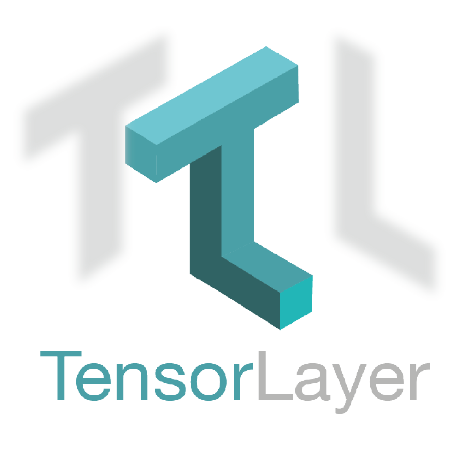Discover and explore top open-source AI tools and projects—updated daily.
SkinDeep by  vijishmadhavan
vijishmadhavan
AI model for tattoo removal from images
Top 38.2% on SourcePulse
SkinDeep addresses the challenge of removing tattoos from images using deep learning, aiming to automate a process that typically requires extensive manual work in software like Photoshop. It targets users who need to de-ink images, such as graphic designers, researchers, or content creators, offering a potential time-saving alternative to manual retouching.
How It Works
The project employs a UNet-based generator architecture, enhanced with spectral normalization and self-attention mechanisms, inspired by DeOldify. This approach allows the model to better capture fine details around facial features. It utilizes progressive resizing, gradually increasing image dimensions during training to improve generalization. The generator's loss is calculated using a VGG16-based perceptual loss, which focuses on feature-level similarity rather than pixel-level reconstruction.
Quick Start & Requirements
- Installation: The easiest way to get started is via Google Colab. For local execution, Docker is recommended.
- Prerequisites:
- NVIDIA GPU with approximately 3.7GB of free memory.
- NVIDIA drivers correctly installed.
nvidia-docker2package installed.- Docker installed with correct permissions.
- Specific library versions:
fastai==1.0.61,PyTorch 1.6.0. Higher versions are not compatible.
- Links: Colab Notebook
Highlighted Details
- Leverages synthetic data generation, combining APDrawing dataset with background-removed tattoo designs and outputs from the ArtLine project.
- Incorporates self-attention for improved detail preservation.
- Uses progressive resizing for better model generalization.
- Employs perceptual loss (VGG16) for training.
Maintenance & Community
The project is a personal endeavor by vijishmadhavan. Updates mention significant contributions from 3dsf. Further suggestions and contributions are welcomed.
Licensing & Compatibility
The README does not explicitly state a license. Given the reliance on Fast.AI and PyTorch, compatibility with commercial or closed-source projects would require clarification of the licensing terms.
Limitations & Caveats
The model struggles with images where synthetic data does not closely match real tattoos, and performance can vary due to the uniqueness of tattoo designs. It is not designed to work with colored tattoos. The output quality is limited to 500px, and high-quality input images are recommended.
2 years ago
Inactive

 yujiwen
yujiwen kyegomez
kyegomez mkshing
mkshing PKU-YuanGroup
PKU-YuanGroup EmbodiedGPT
EmbodiedGPT teddykoker
teddykoker seasonSH
seasonSH tensorlayer
tensorlayer showlab
showlab Fantasy-Studio
Fantasy-Studio openai
openai huggingface
huggingface